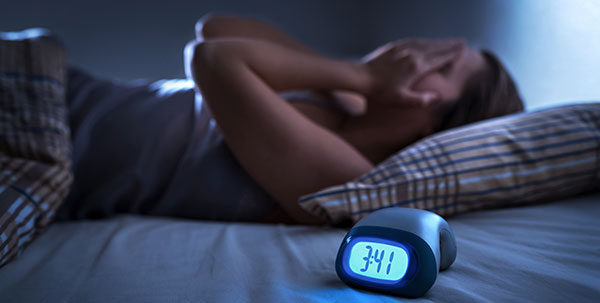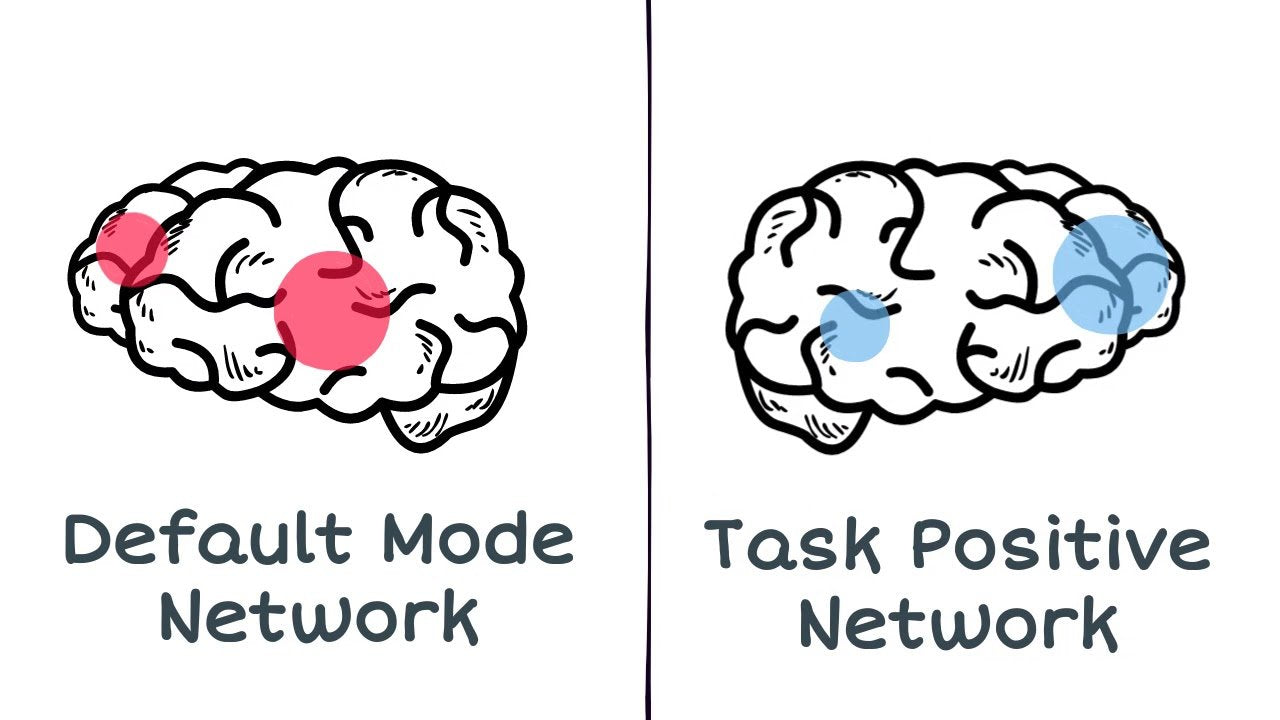Multiple studies have shown that the prevalence of insomnia is higher in women compared to men, with rates approximately 1.5 to 2 times higher in women of the same age group. This could be attributed to the unique physiological patterns in women. During different phases such as menstrual cycles, pregnancy, and menopause, the physiological fluctuations in hormone levels significantly impact sleep. One key hormone involved in this process is estrogen, which has a significant influence on the nervous system.
The nervous system serves as the command center of our bodies, regulating everything from heartbeat to stress response. During menopause or physiological cycles, hormonal fluctuations can disrupt this delicate balance, leading to various symptoms experienced by many women.
Insomnia during the menstrual cycle
During the premenstrual period, women experience changes in their physiological and psychological states, which can affect sleep. Some women may experience increased awakenings during their menstrual cycle, while others may suffer from insomnia or sleeplessness before menstruation, gradually returning to normal after the cycle. This menstrual insomnia could be caused by hormonal imbalances within the menstrual cycle, as fluctuating estrogen levels can contribute to neurological disturbances such as insomnia.
The central nervous system controls the secretion of follicle-stimulating hormone and luteinizing hormone in the hypothalamus, which are pituitary hormones that stimulate the development of ovarian follicles and the secretion of increasing levels of estrogen. Estrogen reaches its peak before ovulation but then experiences a temporary decline after ovulation, remaining at a relatively low level. As estrogen is involved in the regulation of the autonomic nervous system, a decrease in estrogen can lead to neurological disturbances, including insomnia.
Perimenopausal insomnia
Although insomnia rates are higher in women compared to men in all age groups, symptoms of insomnia gradually increase in women over the age of 40. Approximately 25% to 50% of perimenopausal and postmenopausal women experience chronic insomnia, characterized by early awakenings, shallow sleep, easy awakenings, and fatigue and anxiety during the day.
Perimenopause refers to the period before and after menopause (starting around the age of 45 and continuing for 12 months after the cessation of menstruation). During perimenopause and throughout menopause, estrogen fluctuations gradually decrease, with progesterone declining earlier than estrogen. The increase in pituitary gonadotropins and the crucial decline in estrogen have significant effects on the nervous system. This decline can lead to increased stress responses and disrupted sleep patterns, causing more than just stress and fatigue. In addition to insomnia, other symptoms that appear after menopause, such as hot flashes, night sweats, palpitations, and mood disorders, also affect sleep.
Regulating the nervous system for effective sleep
To achieve efficient sleep, the following methods can be tried.
1. Mindfulness and meditation: Regular mindfulness practices can reduce stress and improve the body's response to hormonal changes. Simple techniques like deep breathing or guided meditation can be powerful tools.
2. Exercise: Physical activity, particularly yoga and aerobic exercises, can help regulate the nervous system. They not only improve muscle quality and energy levels but also enhance mood and sleep quality.
3. Nutrition: Consuming foods rich in omega-3 fatty acids, magnesium, and B-vitamins contributes to a healthy nervous system. Including them in the diet helps in coping with stress and improving overall well-being.
4. Sleep hygiene: Establishing regular sleep habits (also known as sleep hygiene), limiting screen time before bed, and creating a peaceful sleep environment are crucial for prioritizing sleep.
Additionally, you can quickly achieve high-quality sleep through gentle intervention. MindLax, leveraging our proprietary tactile neural technology, is dedicated to improving sleep and mood. Our flagship product, the MindLax Sleeping Mat, is a state-of-the-art sleep aid and deep relaxation solution designed for individuals facing high-pressure anxiety. By immersing users in a tactile sensory scene and providing guided input and regulation, it can help you fall asleep quickly and effectively improve fragmented sleep. Currently, the product has been used over 100,000 times, with 90% of users providing feedback that it helps improve sleep and enables them to fall asleep within 15 minutes.






Leave a comment
This site is protected by reCAPTCHA and the Google Privacy Policy and Terms of Service apply.